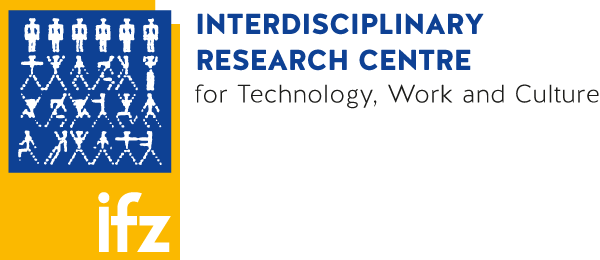LOGI-TOOLKIT - Tool for needs assessment and measures for logistics planning in the district
The aim of the European commission is to make urban logistics emission-free by 2030. The FFG project LOGI-TOOLKIT wants to contribute to better integrating urban logistics in urban planning: The web-based LOGI-TOOLKIT is intended to support planning, administration and real estate development by taking logistical measures into account in the early phases of planning processes. Long-term effective and cost-intensive planning errors can thus be avoided and important steps taken to increase efficiency in urban logistics.
Mobilität der Zukunft, FTI-Programm des BMK, das von der Österreichischen Forschungsförderungsgesellschaft abgewickelt wird.
03/2022-08/2024
- Fachhochschule St. Pölten, ForschungsGmbH
- Die Softwaregärtner GmbH
- TU Wien, Institut für Architektur und Raumplanung, Forschungsbereich Verkehrssystemplanung
- Y-Verkehrsplanung
Research on the current status and trends (automated deliveries, growth in freight/commercial traffic, new supply chains, CO2 tax, etc.) for logistics in the city district as well as interviews with interest groups and those affected (e.g. housing cooperatives, garbage services) provide the knowledge base for existing sustainable measures for improvements and to develop new proposals, but will also identify future plans for implementation. A selection of measures is examined in detail and, based on this, useful parameters are determined. Future users and stakeholders are involved in essential steps of the project so that their needs (e.g. via user stories) can be well represented. This forms the basis for the LOGI-TOOLKIT by clarifying questions about user interfaces, data sources (e.g. geodata), algorithms (for evaluation or for simulations) and data preparation and visualization. Modern methods of software development (e.g. "rapid prototyping") are used in the implementation. In addition, the toolkit will be tested and further developed using three case studies (Vienna Aspern Seestadt, St. Pölten, Graz).
